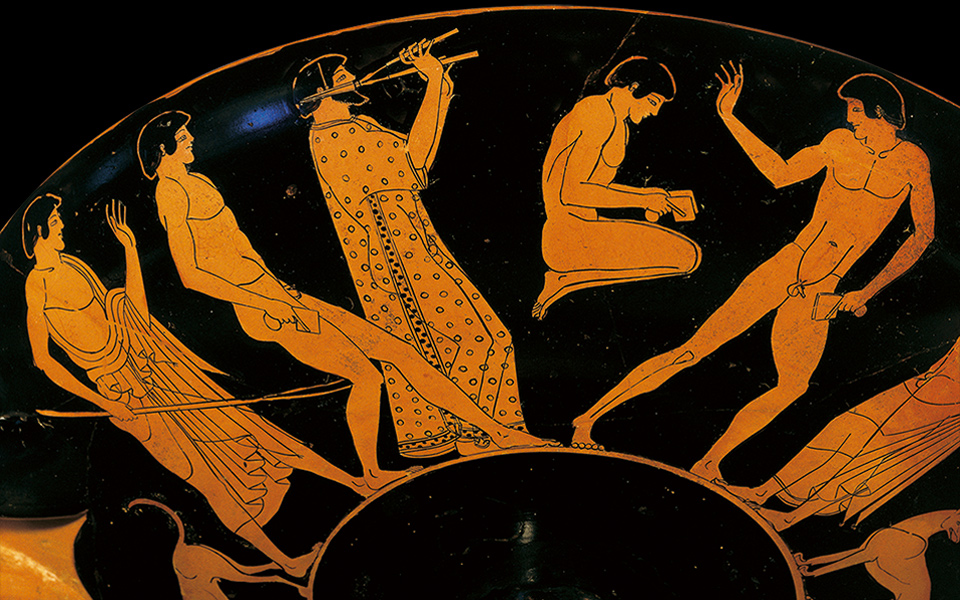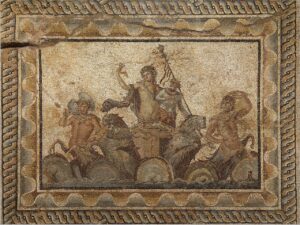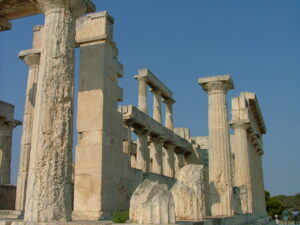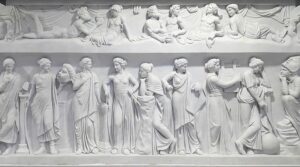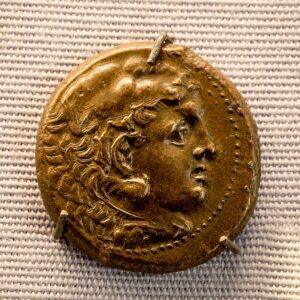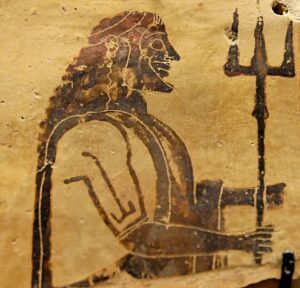Education in ancient Greece was highly valued and was considered an important part of a person’s upbringing. Ancient Greek education was largely focused on preparing young people for their roles as citizens, and it was seen as a way to develop the mind and character. As such, education was an important part of the daily life of Ancient Greece.
Education System of Ancient Greece
In ancient Greece, higher education was a privilege reserved for the wealthy and was provided by private tutors or by attending one of the few schools. The most well-known schools were in Athens and were run by philosophers such as Socrates, Plato, and Aristotle. These schools were known for their focus on the liberal arts, including philosophy, mathematics, and rhetoric. The most famous academy was the Academy of Athens, which was founded by the philosopher Plato. The Academy of Athens was a center of learning and research, and it was there that Plato and his students, including Aristotle, studied and taught.
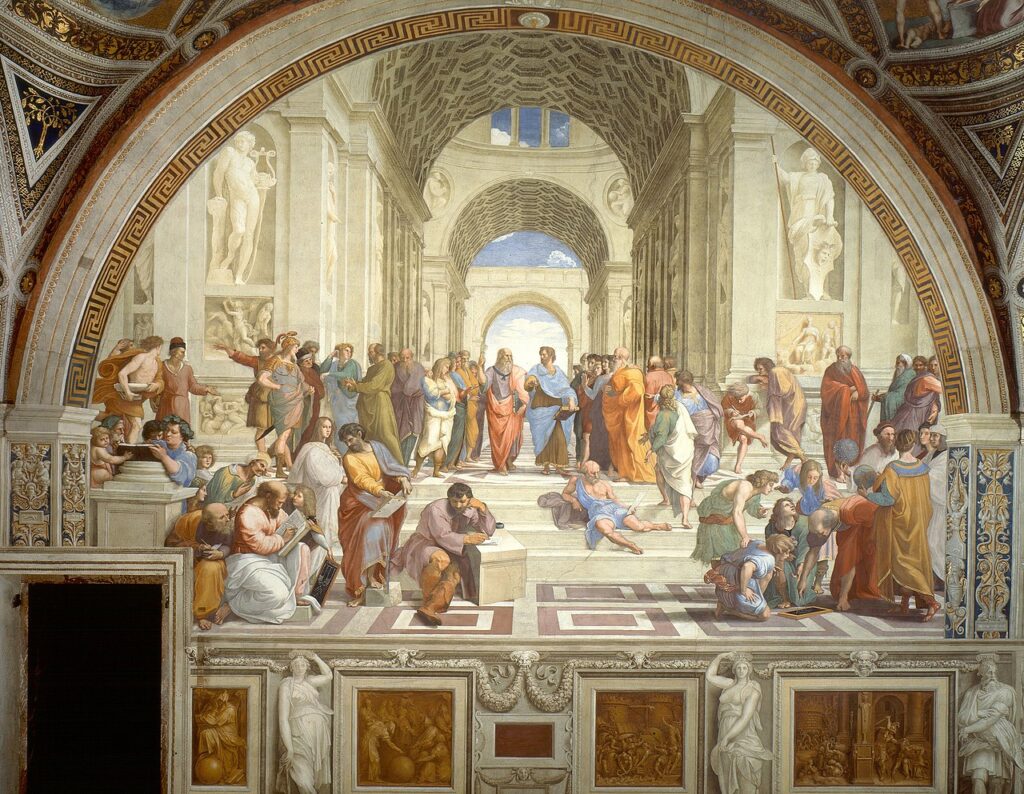
Basic education in ancient Greece was provided by the state, and it was free for all citizens. Education typically began at the age of seven, and it was divided into two stages: the primary stage and the secondary stage. During the primary stage, students received a basic education that included reading, writing, and arithmetic. They also learned physical education, which involved training in sports and athletics. During the secondary stage, students had the option of specializing in a particular area of study, such as science, mathematics, literature, or philosophy. This stage of education was usually provided by private tutors or at specialized schools. As such, the secondary stage of education was more common for those in the wealthy class.
The subjects taught in ancient Greek education varied depending on the school and the individual’s status in society. For the wealthy, education emphasized the liberal arts, including philosophy, mathematics, music, and physical education. Physical education was considered to be an integral part of a well-rounded education, and young men were encouraged to participate in athletic events such as the Olympic Games.
For the lower classes, education was often limited to basic literacy and practical skills. Slaves, who were not allowed to receive a formal education, were taught a trade to make them more valuable to their owners.
Boys in ancient Greece typically received their education at home, where they were taught by a tutor or a slave. Girls were not typically educated in the same way as boys, but some wealthy families hired tutors to teach their daughters at home.
Focus of Education in Ancient Greece
The focus of education in ancient Greece was on intellectual and moral development. Students were taught reading, writing, and arithmetic, as well as literature, history, and philosophy. Physical education was also important and students were trained in sports such as wrestling and running.
The methods used to impart knowledge in ancient Greece were highly interactive, with an emphasis on questioning and discussion. Teachers would encourage students to think critically and engage in debate, helping them to develop their reasoning and analytical skills. In fact, the Socratic Method, which was first pioneered by ancient Greek philosopher Socrates, was an excellent example of ancient Greek educational methods. It involves asking a series of questions to stimulate critical thinking and to arrive at a deeper understanding of the subject at hand.
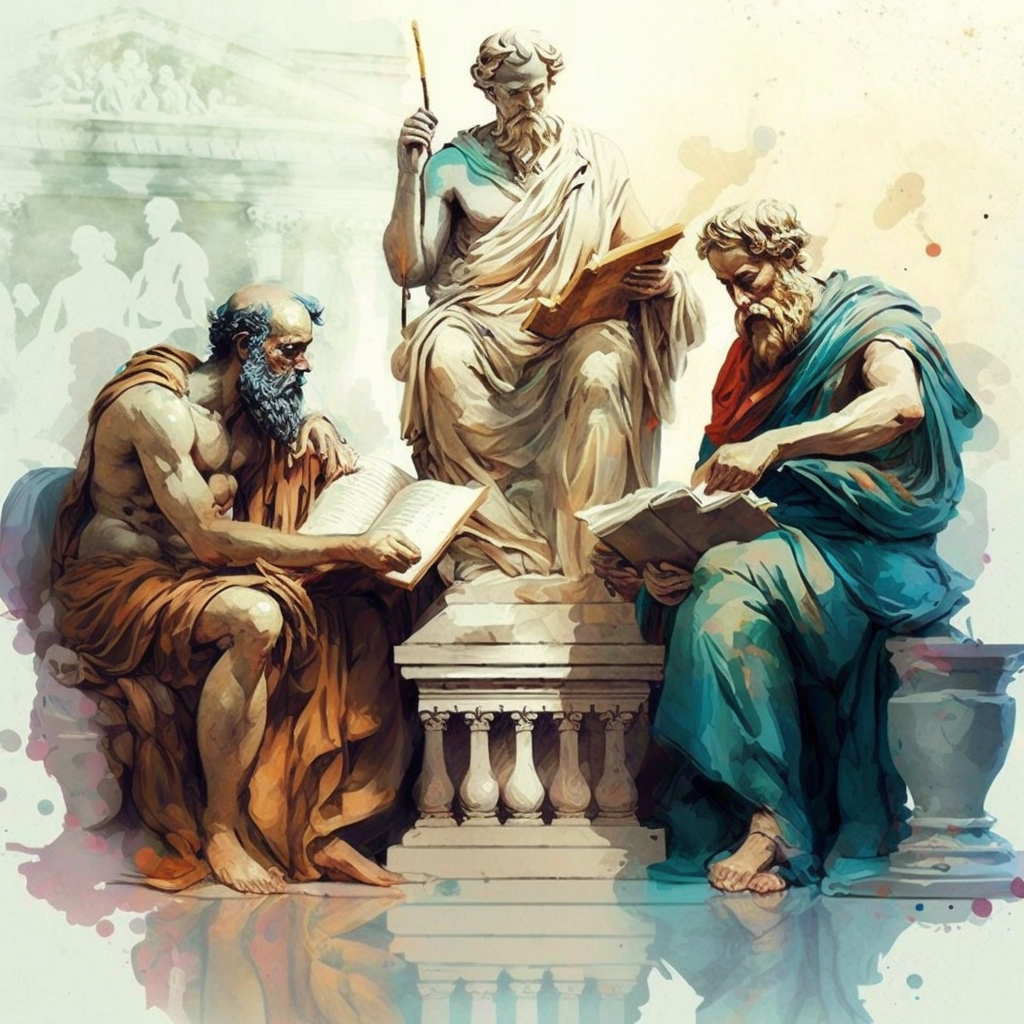
Legacy of Education in Ancient Greece
The legacy of education in ancient Greece continues to be felt to this day. The focus on the liberal arts, physical education, and critical thinking has had a lasting impact on education, influencing the development of Western education and shaping the way in which we think about learning. As well, methods such as the Socratic Method remain important in modern education. For instance, modern universities and colleges are often operated on the basic principles first pioneered in ancient Greece.
In conclusion, education in ancient Greece was highly valued and widely available. It focused on intellectual and moral development and was available at schools and universities. Physical education was also an important part of Greek education.

